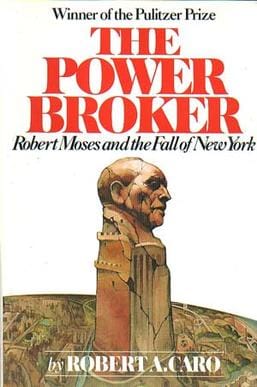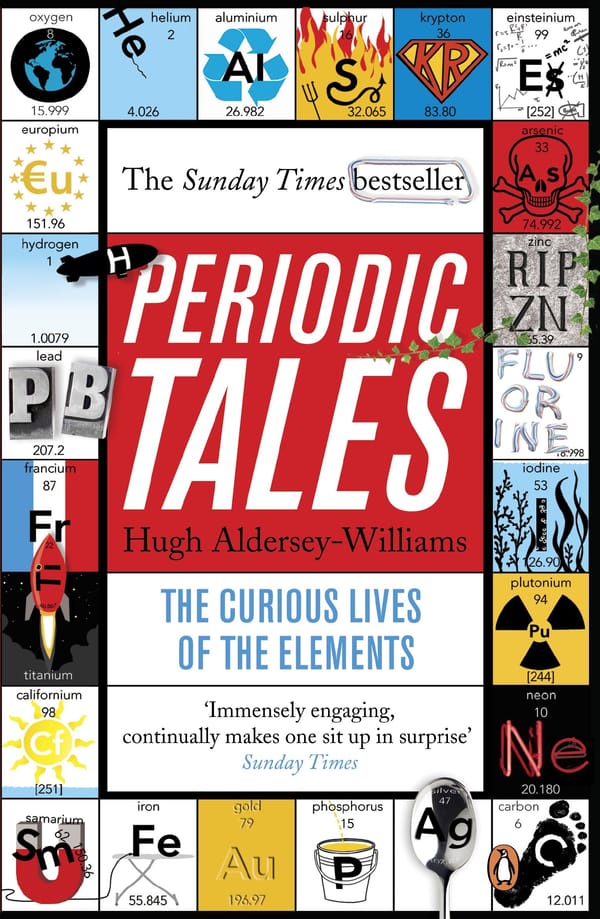The Power Broker: Robert Moses and the Fall of New York
An exploration of real-world politics through the life of one deeply flawed man

This is a book about a man you’ve never heard of; a city you don’t live in; and politics that happened before you were born. But even though The Power Broker came out almost 50 years ago, it remains unmissable for anyone interested in the inner workings of politics and corruption.
The Power Broker is usually described as a biography of Robert Moses, New York public official. While this is true, the word ‘biography’ fails to do justice to the book’s sheer scale. From the intricacies of civil service reform to the various promises and threats that can be (and were!) used to pass legislation, the book is a deep dive into the way politics works in the real world, and how Robert Moses used and abused its systems during his four decades in power.
The book has received praise from many modern politicians, with a testimonial from Barack Obama featuring prominently on the back cover, and even had a brief stint during the pandemic as a Zoom background status symbol.
As you would expect from a biography, it follows Robert Moses’ life chronologically, but from the very start, author Robert Caro’s attention to detail is clear. He starts even before Moses’ birth, with a history of his grandparents and his mother. This level of context – memorably brought to life using storytelling techniques from the world of fiction – is a hallmark of Caro’s work. Throughout the book, he devotes enormous amounts of time to explaining the systems - city government, parks, the New Deal, public authorities, urban renewal – that Moses worked with and held power over.
All this detail makes the book extremely long. At 600,000 words, it’s a real doorstopper. However, it’s also incredibly gripping. The Power Broker is a page-turner that often feels like a political drama novel, but with the gravity of being a true story. The main character is clearly not a good man – one can simply look at his contempt for poor people and people of colour – but after reading about his unparalleled feats of political achievement, it’s impossible not to have a sense of awe for his skill at playing the political game.
Indeed, Caro is clear in his presentation of the incredible competence and intelligence of Moses. One standout moment occurs in 1946, when he was involved in bringing the UN headquarters to New York. ‘Without reference to a single law book’, he dictated a memorandum with the details of the city’s surrender of East River bulkheads - which would have taken teams of lawyers days to research. They later found the memorandum to be correct down to the last comma. When Moses was brought in, there were four days until decision day and the UN had looked certain to be located in Philadelphia. Four days later, everything had changed.
This doorstopper of a book is more than Zoom window dressing. It’s more than a biography of a New York public official. The Power Broker is nothing less than an essential insight into power, politics, and democracy.









